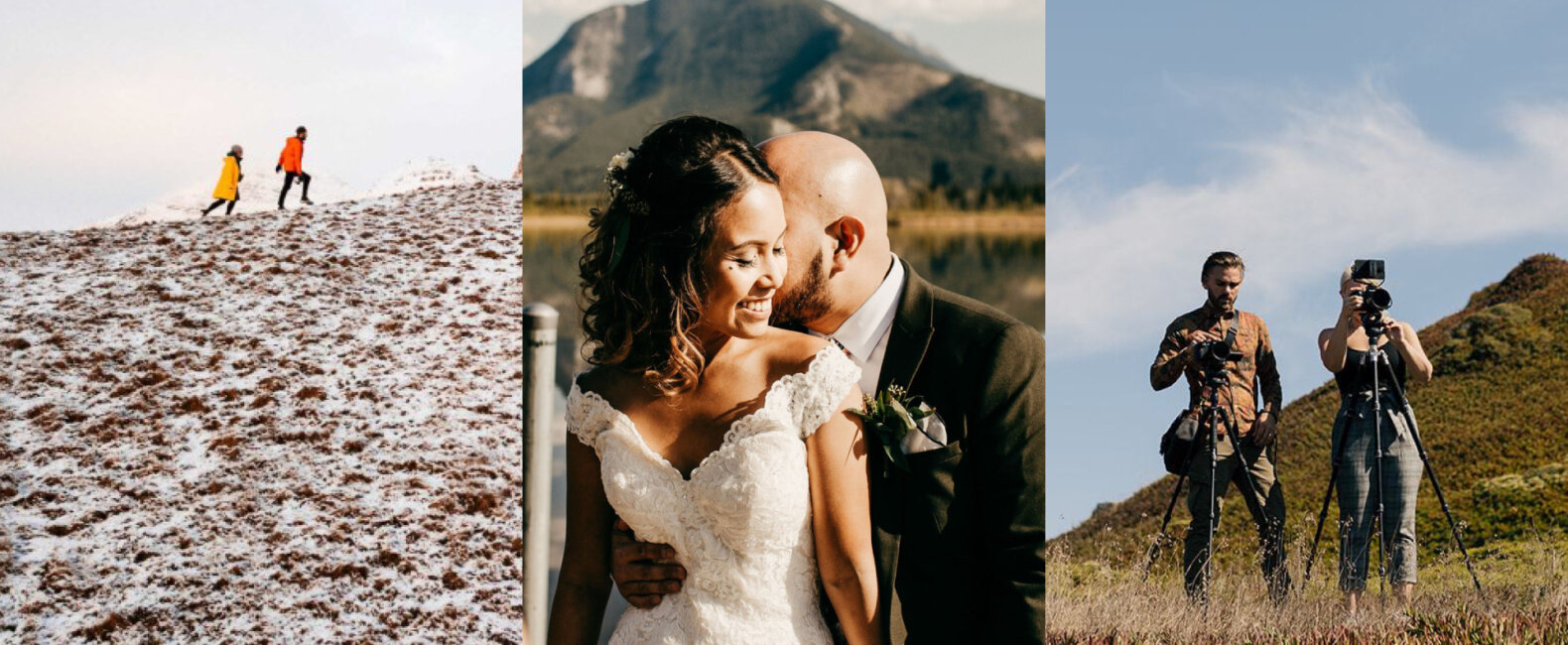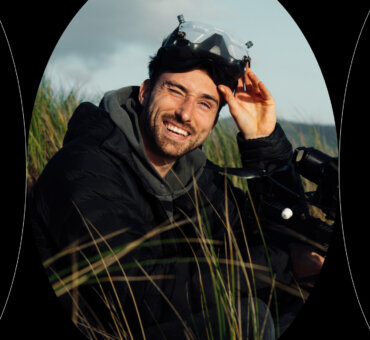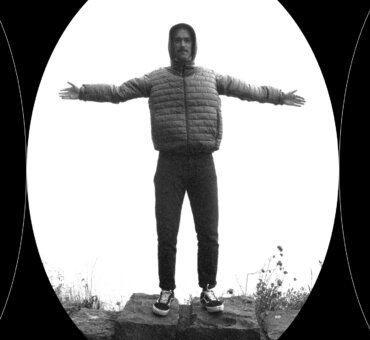While the wedding film industry may seem insulated from other film industries, it’s still one-hundred-percent filmmaking. There are stories, editing timelines, demanding clients, and hard drives full of footage. Yet, a career as a wedding filmmaker is also different than any other film career. There’s a steep learning curve to learning how to work with clients, manage, schedules, and stay sane during the infamous “edit season.”
Luckily, these creative professionals tend to look out for each other. There’s a strong community in weddings, and we definitely saw that in 2019. During our conversations, wedding filmmakers were more than happy to offer advice they’ve learned over the years. They seem to understand that a rising tide lifts all boats.
We’ve covered many of these lessons in prior articles (with Love Stories TV and White in Revery, for example), but there are a few we had to cut for the sake of an article you could actually have time to finish.
Here are 4 lessons from wedding filmmakers we learned in 2019.
Filmmaker Iz Harris on Getting an Education

Some people can get the crazy notion that being a wedding filmmaker is easy, or at least an entry-level version of filmmaking. So, let’s clear that up—it’s not. That being said, it does make a great crash course in filmmaking because it is so damn difficult. And that’s something Iz Harris learned in her own career. Sure, she’s not a wedding filmmaker now, but she carries those skills she learned shooting weddings with her every day.
The lesson? If you want an expedited route to becoming a better filmmaker, become a wedding filmmaker:
Iz Harris: My husband and I were poor college students and we wanted to find a way to bring in a supplementary income. He had a bit of experience with video, so we start doing wedding films and we actually started doing engagement films.
At that point, we were doing these for almost nothing. I think we charged like $200 for an engagement video and a wedding video. That’s like 16 hours of shooting alone. It did not work out as a business model [laughs]. But, it became the foundational ground on which we built our skill-set. We moved to D.C. and there’s a huge wedding industry there. At that point, I did have the skill-set to be able to charge legitimate prices. That’s where I got my start. It’s really hard work, long days, and you’re working on your toes. You have to be really quick and if you miss a moment, you’re screwed. Right? No one’s going to cut the cake again.
That’s where I got my chops. There’s something to be said about the years that I spent making those wedding videos. You’re given the same plot every time. We were shooting 30 wedding videos a year. And you have to find a new way to edit them in a new way to tell the story. You need to make a promise, and then you need to keep that promise. Those are the best stories I have ever seen.
White in Revery on Limiting Your Workload

We got a lot of great advice on editing in our conversation with White in Revery’s Calen and Kristine Rhome. But, they had a few bits of advice on just being a healthy person who happens to also be a wedding filmmaker. We’ll tackle one a bit later, but this bit of advice is key. When you’re in business for yourself, as most wedding filmmakers are, it’s easy to take on too much work for the sake of a dollar. But, Kristine and Calen have learned to limit their schedule, and they’ve succeeded because of it:
Calen Rhome: We usually only take about 10 to 15 weddings a year, and we center on certain months. And that’s on purpose. We try and make sure our edits get turned around quickly and efficiently. Our standard turnaround time is four to six months for our edits, and sometimes we can get them done in weeks or a month. Sometimes we like to sit on them a lot longer and spend more time on certain films because the story requires it, or we are not satisfied with our first draft. That’s why we only book about 10 to 15 weddings a year, so we can really focus our energy on each couple and not feel rushed with our edits.
Kristine Rhome: I see a lot of stuff come up online about how you should do it as quickly as possible. Our general rule is to under-promise and over-deliver. It gives us time in case we get sick. When I got pregnant, I was knocked out for the first trimester. It gives us grace for life to happen.
Love Stories TV’s Rachel Silver on Shooting for the Bride

Marketing. Marketing. Marketing. It’s an aspect of your small business that many people don’t want to address, but it’s essential to a sustainable career. In our conversation with Love Stories TV Founder Rachel Silver, she had some great advice on how to bring in new clients. She also pointed out how you can use the medium of video to your advantage, and it begins and ends with the bride in most cases. By shooting not only for your client but also for potential clients, you can deliver information that only a wedding film can:
Rachel Silver: Brides get most excited about shots of the groom gazing at the bride, looking really in love, or beautiful sweeping shots of the dress. Those are the things that brides just care about most at their wedding. That’s what we tell videographers. You want to document the whole day, but we find that our top-performing videos have a lot of those shots.
In many ways, it’s unique to video. Vows are something video can accentuate that photos literally cannot. We have a lot of people coming to our site to get ideas for vows, which is really challenging for them. Video can help people who are planning a wedding in a place where they don’t live, to help them research their venue. They can understand how weddings look and feel at that venue.
You’re creating this video to serve the person that hired you; that’s your first and foremost goal. But, you’re also going to get more business from word of mouth. There are these little things you can think about when you’re creating the video that will help you build your business on Instagram, on Love Stories TV, on Facebook.
White in Revery on Little Wins
Sometimes finding little wins is important.
One last note from our friends at White in Revery. A career in wedding films involves a lot of peripheral work beyond the filmmaking, and it can be exhausting. It’s important to remember that you’re in this game to create and don’t lose sight of that. So, their advice is just that: create, no matter what the scale is:
Calen Rhome: There are times when we might be working on an edit and it’s just a little difficult to piece together or find the right flow. So, sometimes finding little wins is important. We might just pull up another project and make a small social media collection or clip we’re going to post on Instagram. It allows us to create something on a small scale, find a little win, and then go back to the edit and maybe get a new perspective.
Kristine Rhome: I watched a video recently on creativity, and one of my favorite quotes was, ‘When I can’t create in one form, I switch to a different form of creativity. It helps refresh your brain.’ That’s so important.





















































































